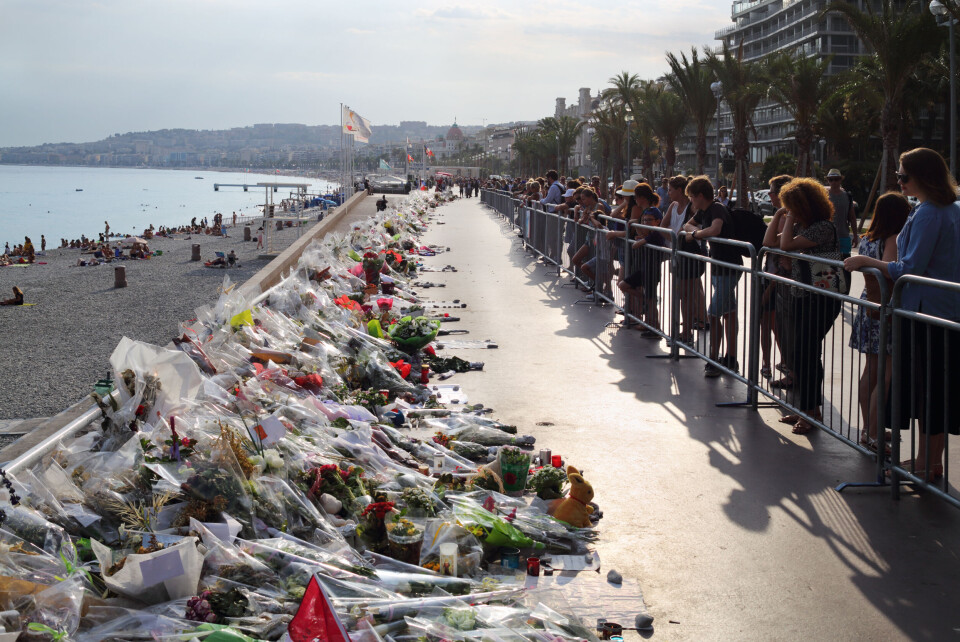-
Mysterious boom rattles residents in south-west France
Local community turns to social media for answers
-
France tightens reimbursement rules for flight delays or cancellations
New measures include mandatory mediation and new claim procedures
-
What snow conditions look like for skiers across French Alps and Pyrenees
Ski resorts are expected to get busier as school holidays begin this weekend
Foreign children among those ‘adopted’ by French state
Children who lose a parent in a terror attack in France can receive financial help, regardless of their nationality

Six years on from the terrorist attack in Nice on July 14, 2016, more than 200 people continue to receive practical and financial support from the French government.
Children who are victims of a terrorist attack or have a parent who is injured or killed in an attack can be adopted by the French nation under a scheme originally designed for war orphans.
The status of Pupille de la Nation (Ward of the Nation) was created in 1917 for the children of World War One victims.
It was enlarged to other conflicts and has also been extended to include those under the age of 21 who are affected by terrorist attacks.
Pupilles can receive maintenance grants to cover expenses such as clothes, food, childcare and healthcare.
They can also receive grants for higher education until they have completed their studies. They do not pay university fees.
A third of Nice attack victims were foreign
In 2021, more than €4million went towards supporting more than 1,000 pupilles. “When they become adults, pupilles continue to benefit from the moral and material support of the ONACVG,” the agency says.
There are currently 235 Pupilles de la Nation in relation to the attack in Nice, located in 32 French departments and six foreign countries, according to data from the Office national des anciens combattants et victimes de guerre (ONACVG), in charge of distributing the aid.
Of the 86 people killed in the attack on the Promenade des Anglais in Nice, 33 were foreign nationals of 10 different nationalities.
You do not have to be French to obtain the status if you are a victim of an attack on French soil. The ONACVG did not confirm the nationalities of the pupilles in relation to Nice, but told The Connexion there are some from the UK, US, Spain, Tunisia, Ukraine, Colombia, and more.
Prime Minister Elisabeth Borne became a pupille at the age of 11 on the death of her father. He had been a resistance fighter during World War Two, and was deported to Auschwitz-Birkenau. Although he survived this period, Ms Borne still qualified for the status after his death.
She has previously said that she was able to attend the prestigious École polytechnique engineering school thanks to a scholarship associated with her status.
Related articles
Trauma remains for children of July 14 terror attack in Nice
Eight to stand trial six years after Bastille Day attack in Nice
Élisabeth Borne: Six facts about France’s new prime minister
























